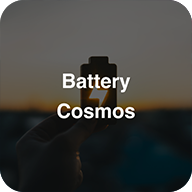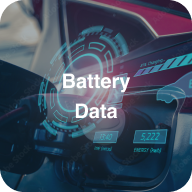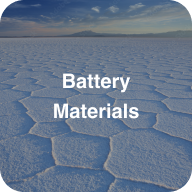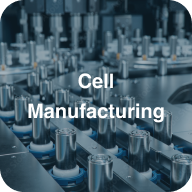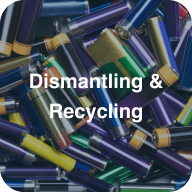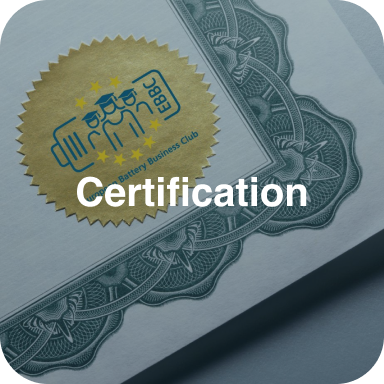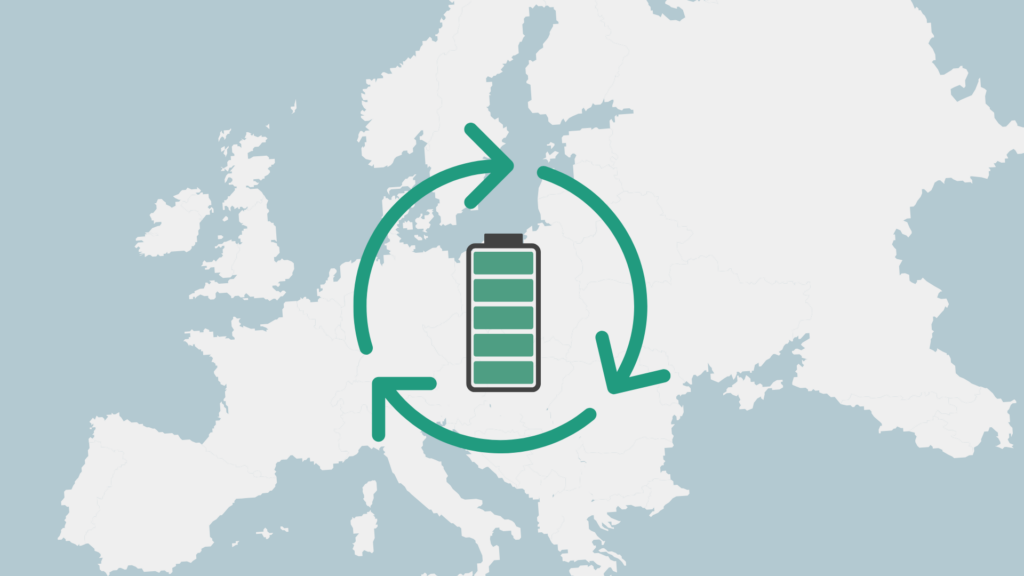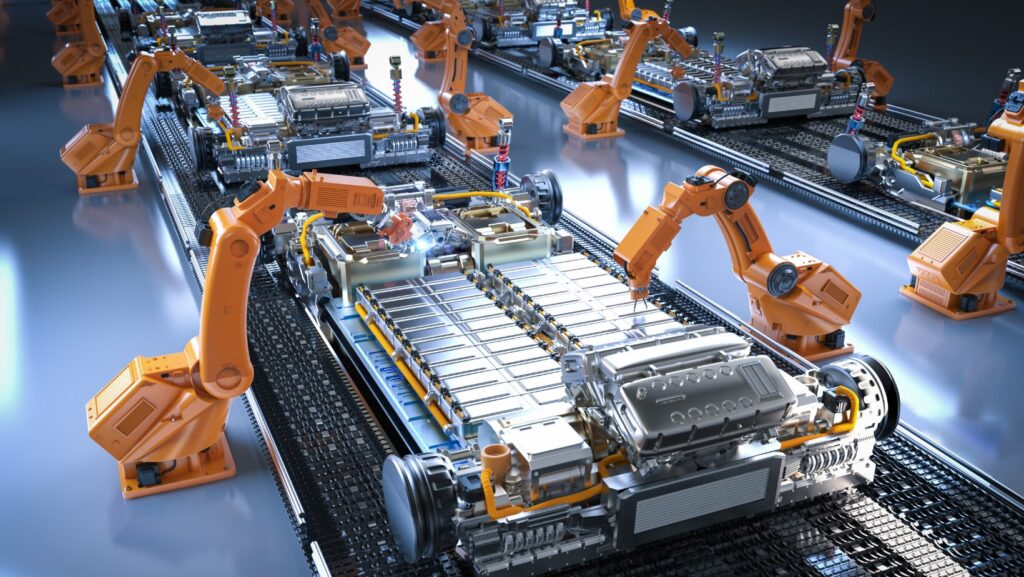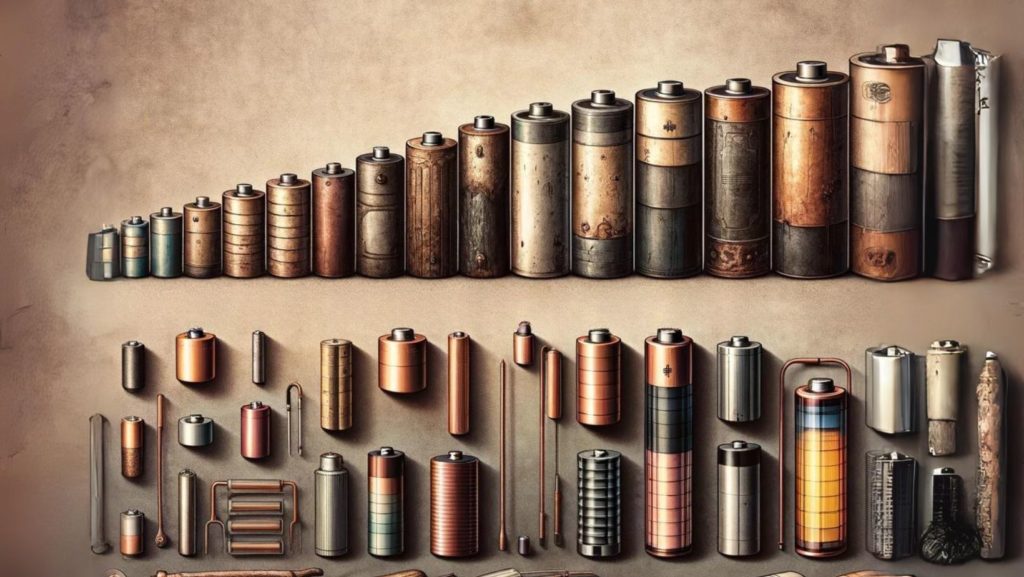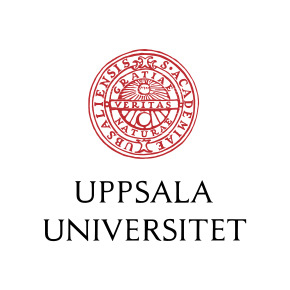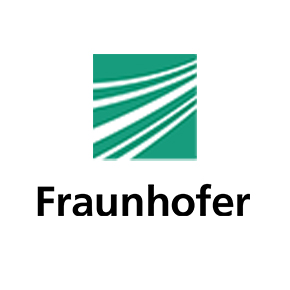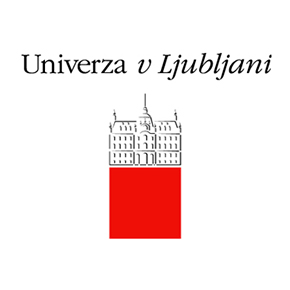Online Expert Talk: »From Road to Cloud: Real-World Insights on Lithium-Ion Battery Monitoring« | May 6th, 2025 from 2 pm – 3 pm
Battery dismantling & Recycling
The third track explains the battery circular economy starting with end-of-life regulations and logistics. Then the track focuses on battery recycling and reuse of batteries in connection with battery dismantling and testing, taking the economic and ecological aspects into account. The track covers a workload of approx. 20 hours. The learning content is taught online on our learning platform. This allows you to work on the course content whenever and wherever you want and as often as you want without time pressure.
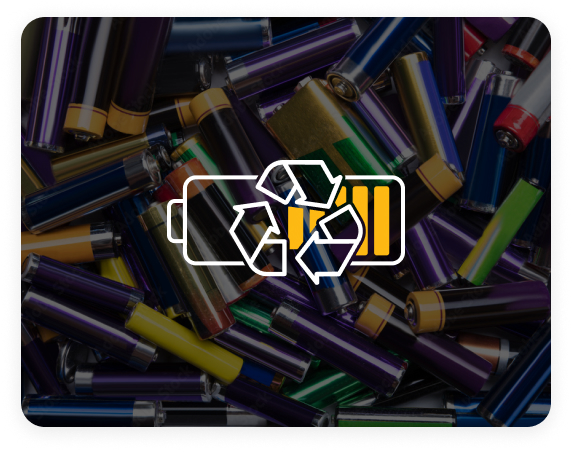
Topics:
- Introduction
- Topic 1: Battery circular economy
- Topic 2: Regulations and logistics
- Topic 3: Battery system dismantling
- Topic 4: Battery testing
- Topic 5: Reuse strategies
- Topic 6: Battery material recycling
- Topic 7: Business models
- Summary
Learning objectives
After the battery dismantling & recycling module, participants will be able to:
Our experts
The experts in this module come from Fraunhofer Research Institution for Materials Recycling and Resource Strategies IWKS and the University of Ljubljana. The institute develops circular materials and material recycling technologies for a waste-free circular economy. This includes research for the substitution of critical raw materials with more sustainable alternatives, the intelligent regeneration of materials in high-technology products with regard to the longevity of products, and the energy-efficient recovery of materials as sustainable precursors for production.
The research of the University of Ljubljana focuses on synthesis, characterization, and development of advanced materials for sustainable, low-carbon energy solutions. The main research areas comprise advanced battery materials, coating development and synthesis and characterization of electrocatalysts. In order to better understand the properties and functioning of these materials, the university also develops own spectroscopic, microscopic and electrochemical methods.
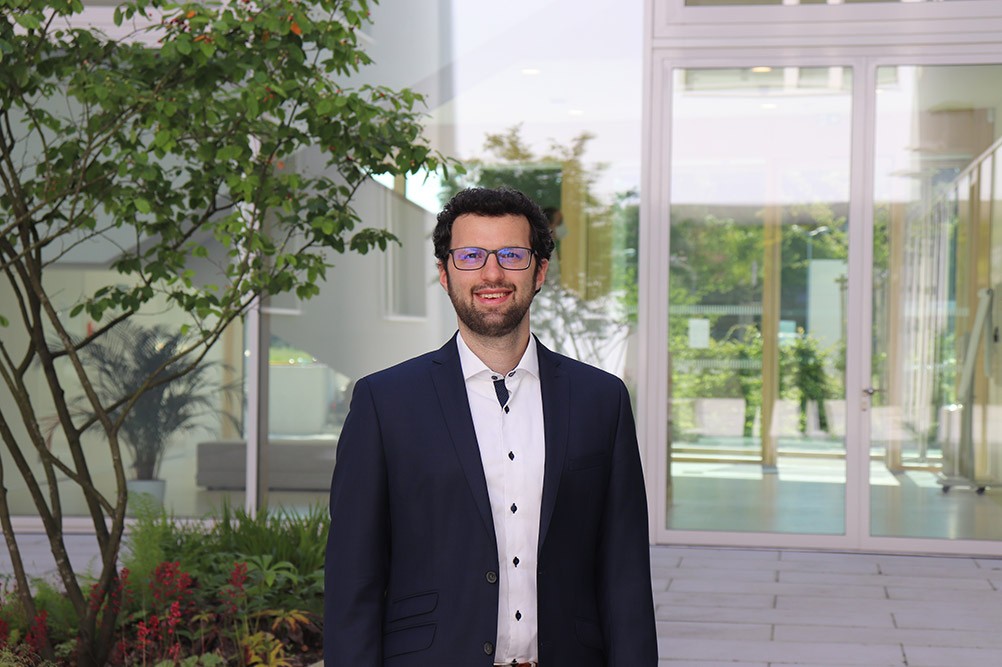
I studied chemistry at the Karlsruhe Institute of Technology (KIT) with a focus on physical chemistry and electrochemistry. I already worked on electrical energy storage devices during that time, fuel cells and redox flow batteries.
Afterwards, I took a detour to electrochemical recycling during my PhD. At the University of Stuttgart in cooperation with Fraunhofer Institute for Manufacturing Engineering and Automation IPA, I recovered neodymium from permanent magnets.
I work at Fraunhofer Research Institution for Materials Recycling and Resource Strategies IWKS in Hanau since 2018. I started as a researcher and project leader in battery recycling with a focus on end-of-life electrochemical testing, dismantling and mechanical fragmentation of lithium-ion batteries. We developed a unique recycling process for black mass with high purity output. We successfully transferred the technologies to the recycling of proton exchange membrane fuel cells (PEMFC) which became an additional field of my research. At Fraunhofer, we typically work in pilot scale instead of laboratory scale to enable a quick transfer of our technologies to industry.
In the EBBC project, I am responsible for all technological input in Track 3 concerning battery recycling. My experience was basis of several videos in this track to give you a hands-on impression of battery recycling processes.
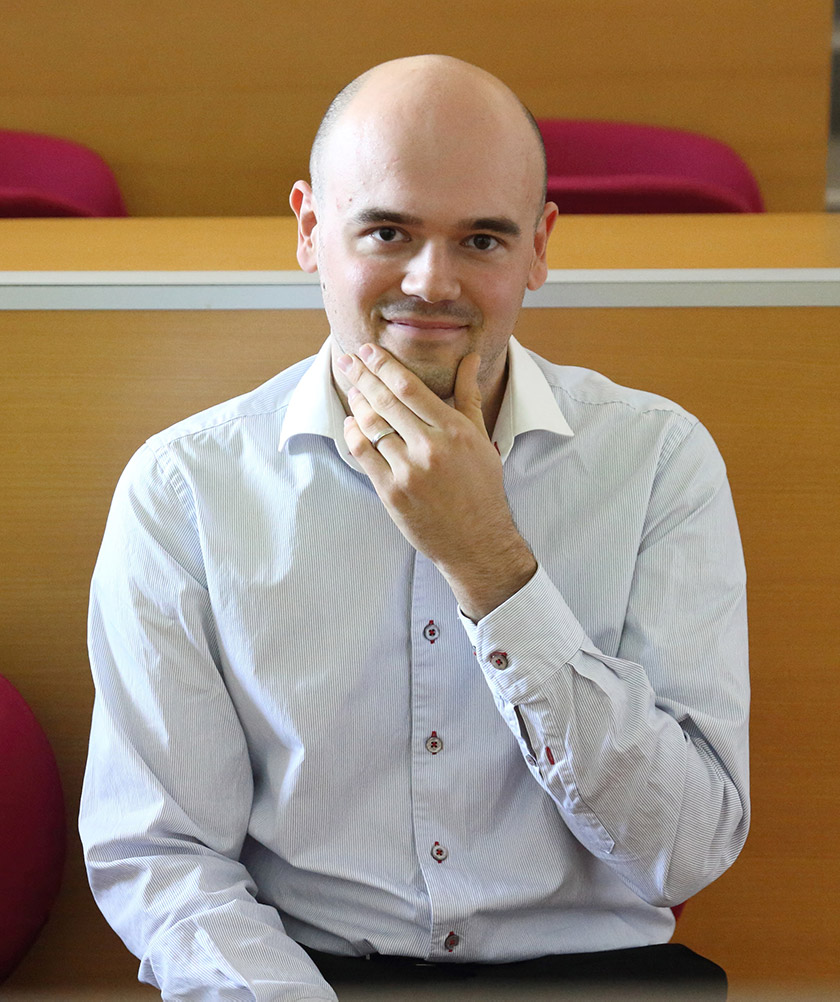
Already since my very young age I was very interested in chemistry and participated in International Chemistry Olympics as a high school student. Hence, the decision to study chemistry at University was very simple. After finishing my degree at the University of Ljubljana, I moved to the National Institute of Chemistry, where I got involved in the battery research.
Focus of my PhD were Mg rechargeable batteries, where we opened a new path of development through application of organic cathode materials in these systems. During my PhD is spent extensive time at Chalmers University of Technology in Sweden and Argonne National Laboratory in US.
After my PhD I started working on other multivalent systems and expanded my field of work to Al and Ca metal anode batteries. Besides searching for new better battery materials, I am also developing new characterization tools such as operando ATR-IR. I have long-term experience with working on industry funded project through developing Mg-organic batteries for Honda R&D.
Currently, I am working on different national and European research project focused on development of multivalent batteries, organic materials and new characterization tools.
Jan on Linkedin →
Jan about his expertise (video) →
Read more about Jan →
